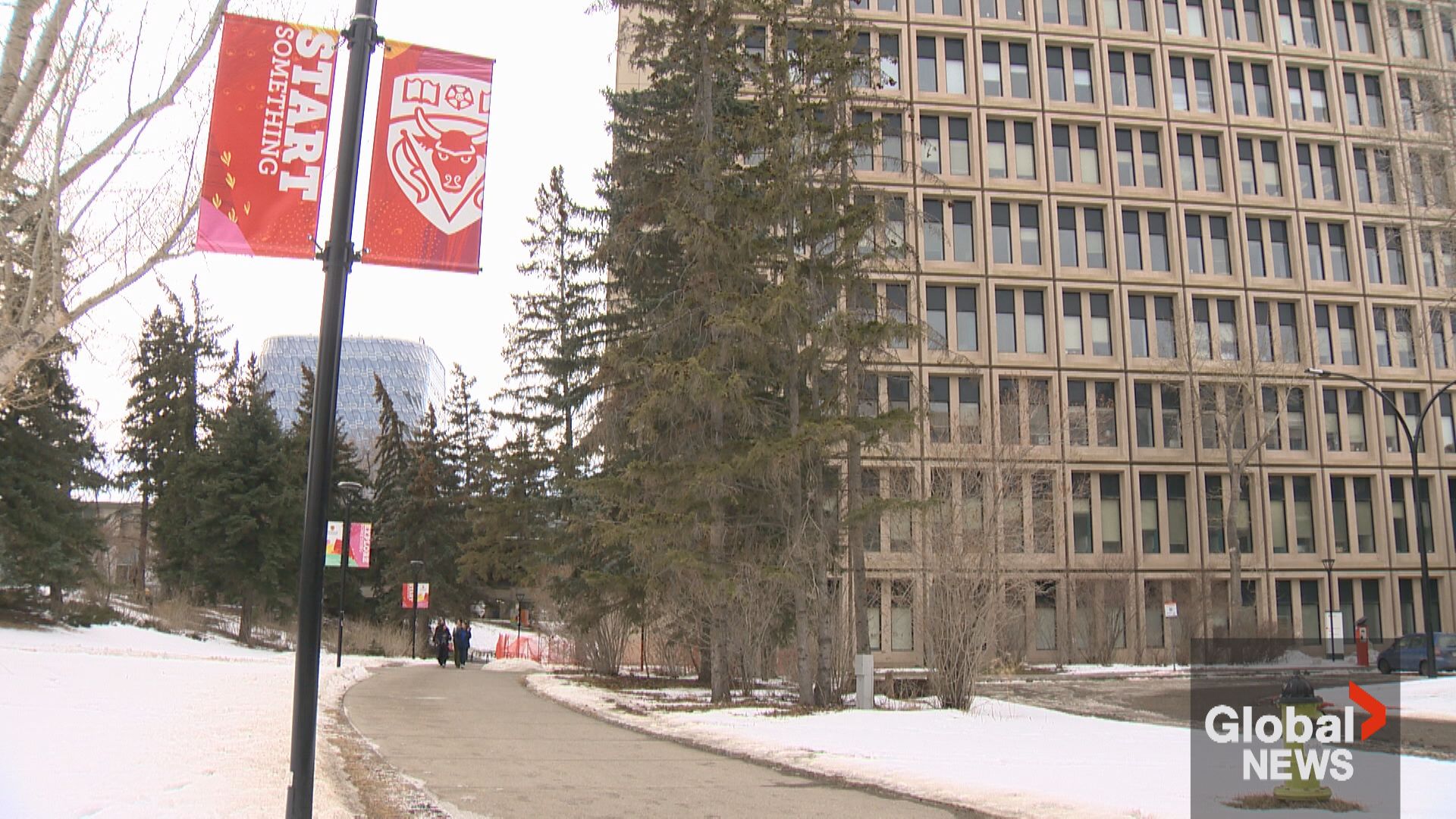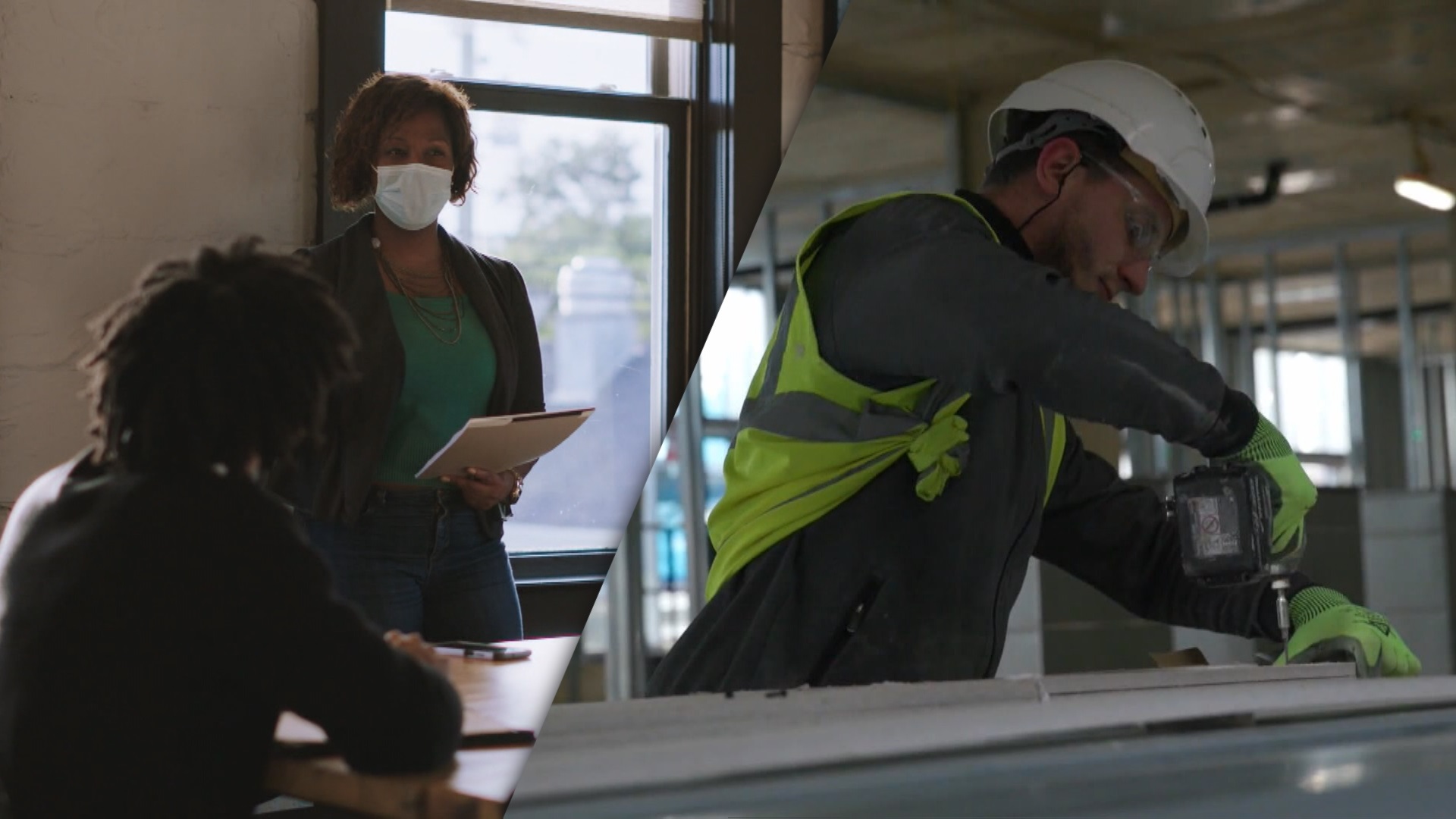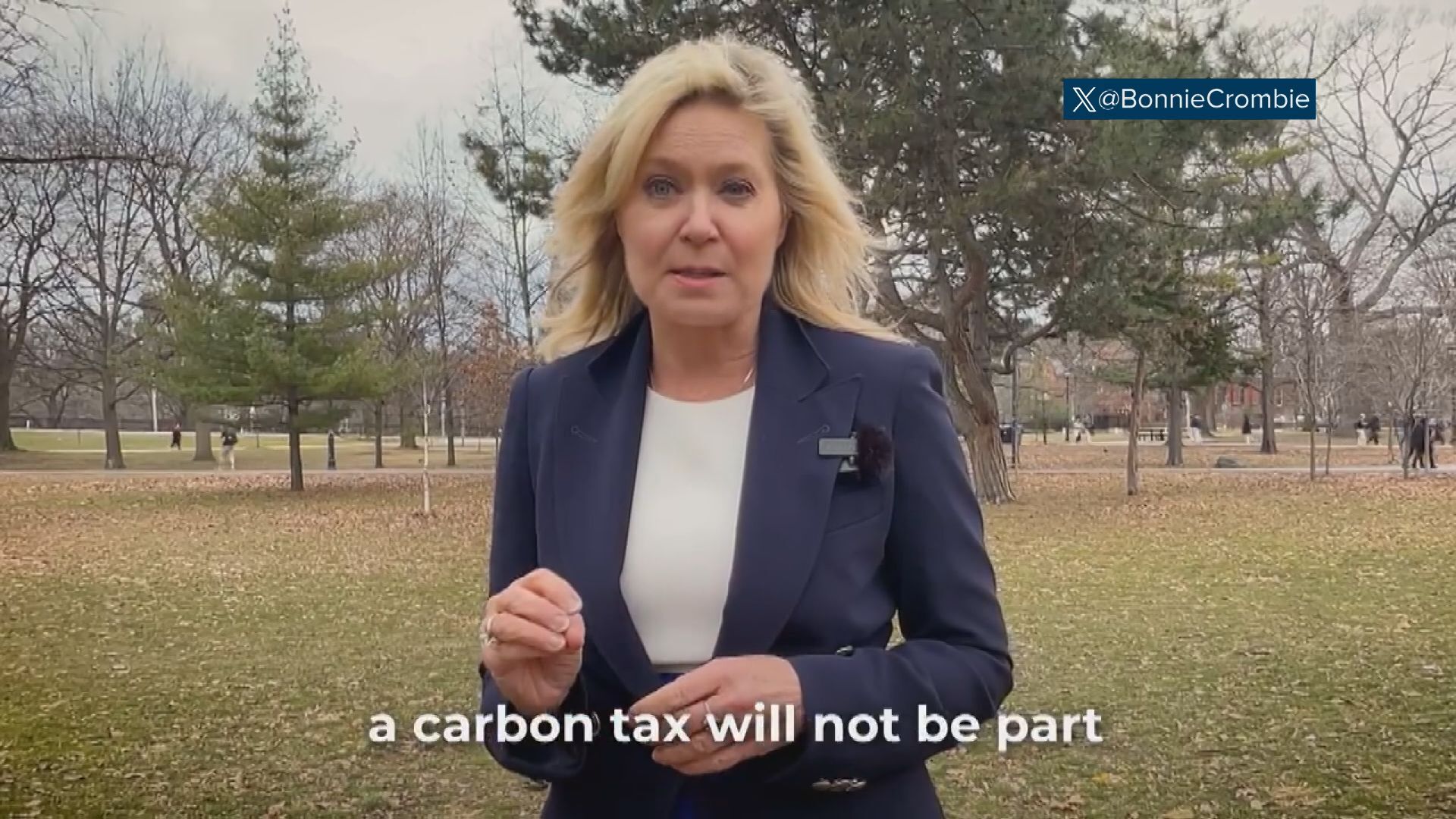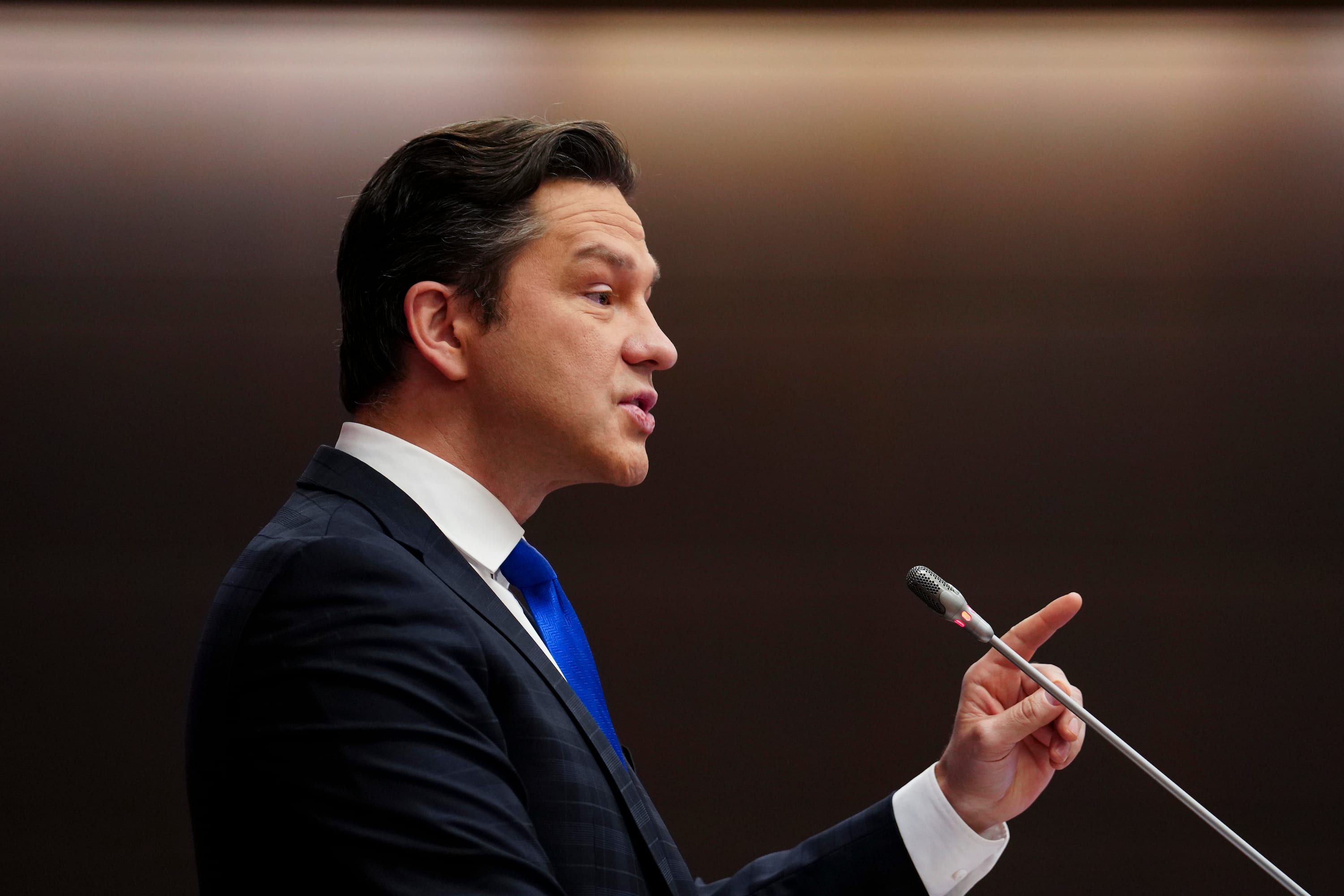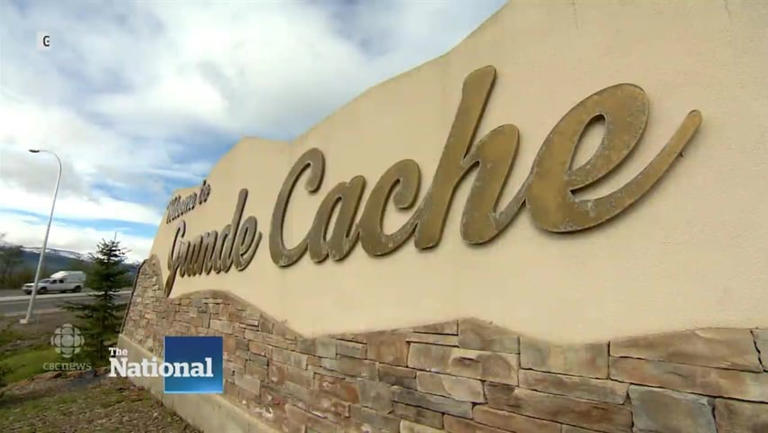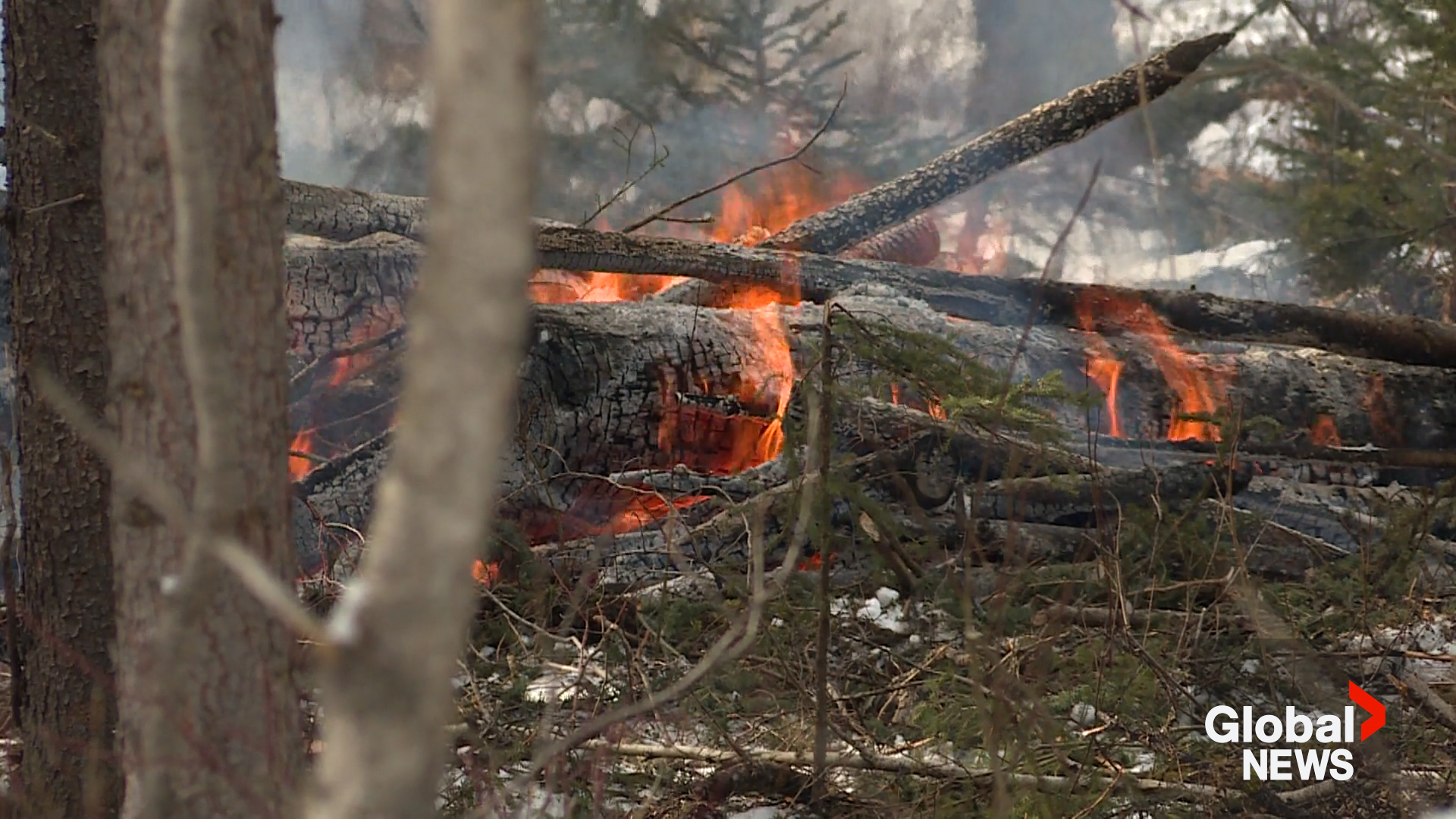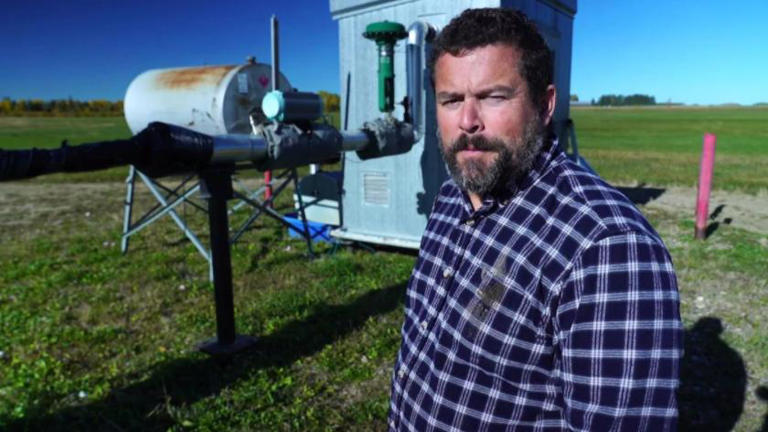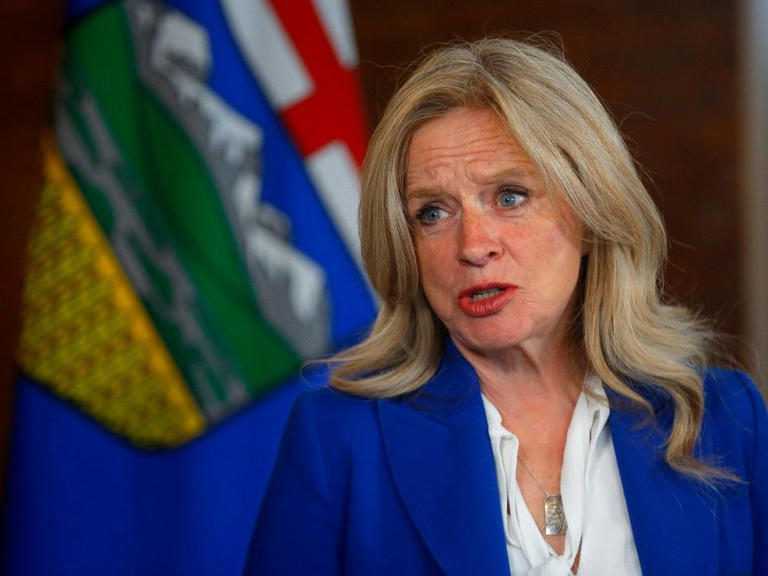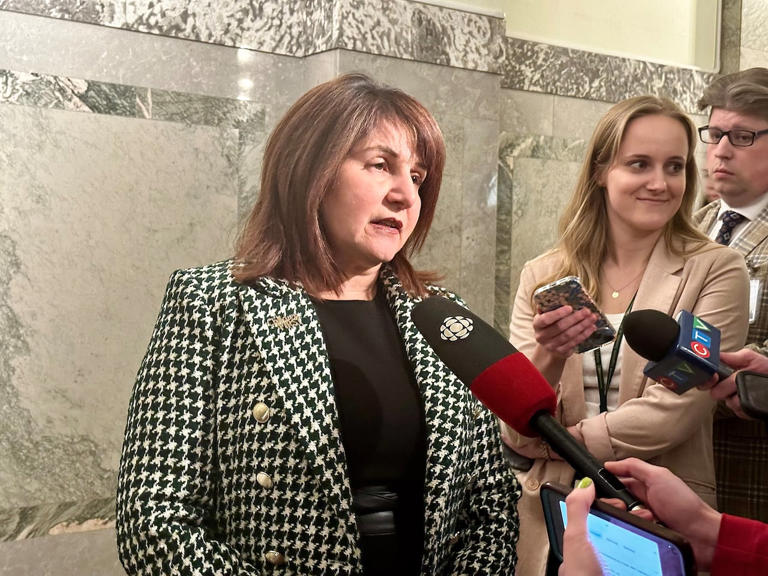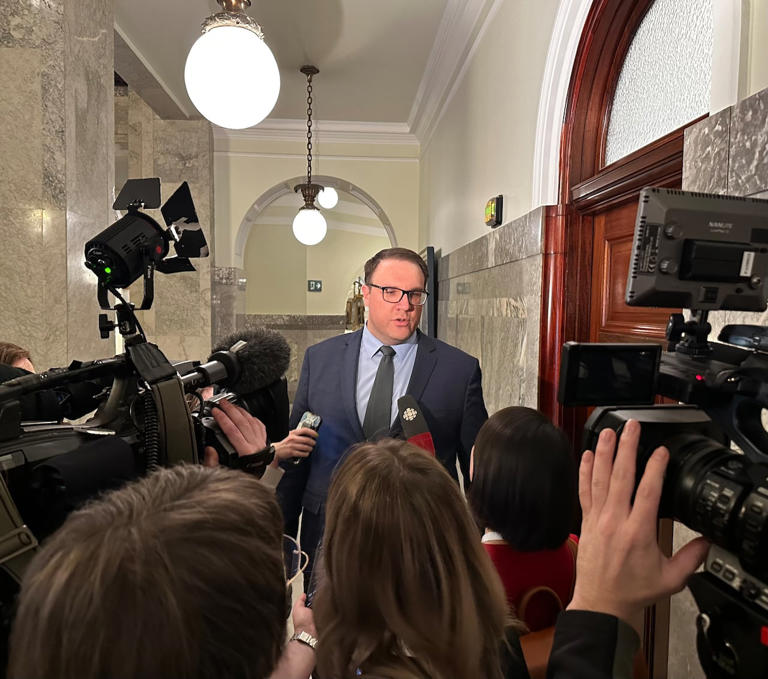Story by Joel Dryden • 1d • CBC
They're the people who pick you up in an Uber or deliver groceries to your door — and about five per cent of Alberta's workers do so-called "gig work" in their primary job, according to a new report from Statistics Canada.
Gig work, as defined by the report, refers to employment that is characterized by short-term jobs or tasks, and which doesn't guarantee steady work and where the worker "must take specific actions to stay employed."
An estimated 116,700 working Albertans between the ages of 15 and 69 took on jobs that featured those characteristics consistent with the concept of gig work in the final three months of 2022, according to the latest data available.
Ontario saw 4.7 per cent of its workers taking on gig work in their main job, while British Columbia saw 3.6 per cent.
The data comes from Statistics Canada's Labour Force Surveys (LFS) in 2022 and 2023. All estimates are associated with a margin of error.
In Ontario and B.C., legislation has been introduced to respond to the growing share of the workforce who participate in such work.
In B.C., the provincial government introduced proposed new standards for gig workers in November 2023, which would see a minimum wage, tip protection and workers' compensation coverage introduced. However, some critics, including the B.C. Federation of Labour, have said those measures don't go far enough.
Related video: Edmonton rent increases are highest in Canada (cbc.ca)Duration 1:53 View on Watch
The discussion has been going on even longer in Ontario.
Last month, dozens of ride-share and food-delivery drivers in Toronto staged a strike after a joint report from Ridefair Toronto and the Rideshare Drivers Association of Ontario suggested Toronto drivers could make as little as $6 an hour. Uber has disputed those numbers.
Despite the fact that Alberta appears to be near the top of the list of the Statistics Canada report, neither legislation nor job action has materialized in the province.
In a statement to CBC News, a spokesperson for Matt Jones, Alberta's minister of jobs, economy and trade, said app-based ride-hailing and food-delivery services provide flexible earning opportunities for Albertans and convenience for customers, while contributing to the province's economy.
"Alberta's government continues to review information on how labour laws may affect this sector and to monitor developments in other jurisdictions," the statement reads.
"Occupational health and safety laws already apply to this sector while other labour laws may apply in certain situations."
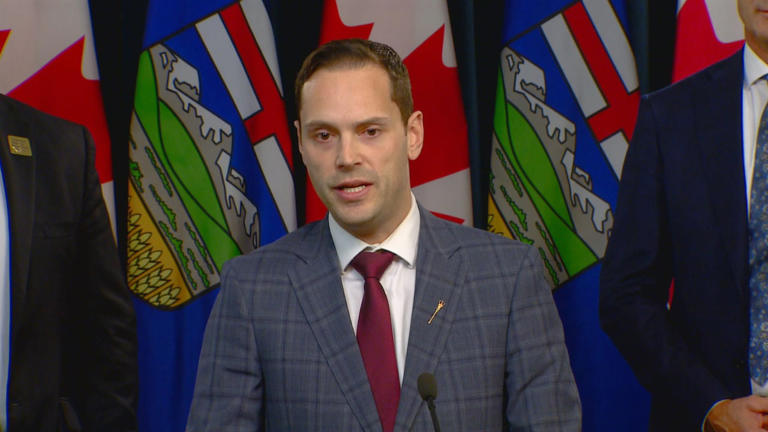
A spokesperson for Matt Jones, Alberta's minister of jobs, economy and trade, said the province is continuing to review information on how labour laws may affect gig work while monitoring developments in other jurisdictions. (Scott Neufeld/CBC)© Scott Neufeld/CBC
It's possible that what's been taking place demographically may be part of Alberta's position atop the StatsCan list, said Eric Myers, a professor of human resources and finance at Calgary's Mount Royal University.
"Migration numbers show that more people are coming to Alberta," Myers said.
Research around the gig economy and its implications for Alberta workers is a top priority for the anti-poverty group Vibrant Communities Calgary this year, said Meaghon Reid, the group's executive director.
She said that the group thinks that high growth in newcomers may be leading to higher numbers of those doing app-based gig work.
Statistics Canada's December 2023 Labour Force Survey stated that landed immigrants accounted for 57.5 per cent of the 365,000 people who worked for either delivery apps or ride sharing in the 12 months ending in December 2023 across the country.
Nearly 900K did gig work as main job across Canada
Proponents of gig work argue that app-based platforms like Uber and DoorDash provide flexibility, economic opportunities and crucial support systems for businesses, consumers and workers, and that regulation risks destroying what makes the system unique.
"[The answer] is not dismantling the system," wrote Diana Palmerin-Velasco, senior director, future of work, with the Canadian Chamber of Commerce, in a recent editorial for the Globe and Mail.
"In adopting standards, we must be cognizant of the potential negative effects on individuals and businesses and find an answer that ensures fairness without compromising the value of gig work or the gig economy."
Across Canada, an average of 871,000 people aged 15 to 69 did gig work as part of their main job in the final three months of 2022, according to StatsCan. An additional 1.5 million people completed gig work at some point during the previous 12 months.
As the practice has become more widespread, more people have tried to work this way, according to Jim Stanford, economist and director of the Vancouver-based Centre for Future Work.

Jim Stanford economist and director of the Vancouver-based Centre for Future Work, says it's taken a while for governments to wrap their arms around the challenges posed by the platform business model. (Anita Lee Photography)© Provided by cbc.ca
But the number of people who are actually able to earn a living doing it is surprisingly small in most cases, he said.
"The amount of time you typically spend waiting, unpaid for the app to give you another job can eat up half or more of your total workday," Stanford said.
"Even if you seemed to make OK money when you had a passenger in the car or a meal to deliver, at the end of the day, especially after you've paid for your expenses, you can be left with just a few dollars."
Stanford said it would be possible to put in place normal minimum wages and other basic protections in platform work.
"The whole idea of rideshare or food delivery can certainly carry on with fairer circumstances. But our governments have been slow figuring out exactly how to do that," he said.
"Elsewhere in the world, it is happening, and we can learn from those experiences. And ultimately, we'll have to replicate those policies in Canada too."
The European Union initially announced draft legislation that would give gig workers employee rights in December 2021. Those regulations finally moved forward last week, and would impact an estimated 28 million workers.
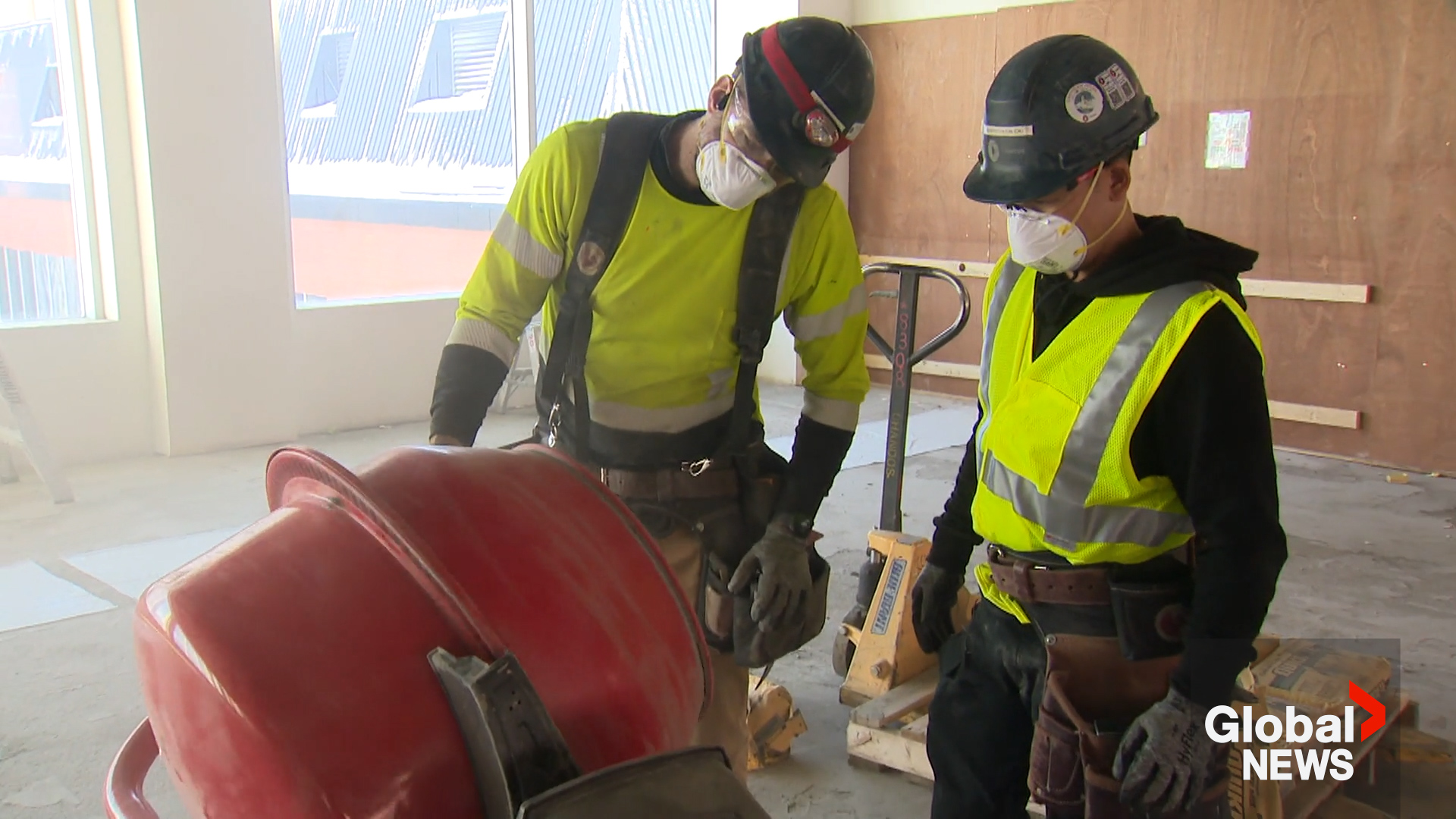
 Global NewsCalgary agency helps train new immigrants for trades jobs
Global NewsCalgary agency helps train new immigrants for trades jobs